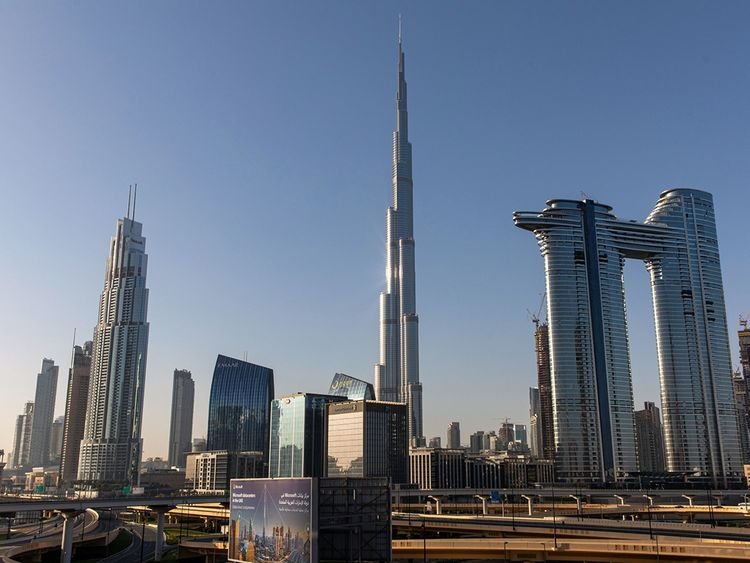Should a NRI return back permanently to India ?
My heart flutter and I was more nervous than happy when I landed back to India with one way ticket after spending more than 30 years overseas as an NRI . I still wonder was it a right decision to come back to India permanently last year. My heart said “Yes” but my Head say “No” , and on top of that my family members was against to move back to India. Life of a NRI when at a cross-road demand a decision where to spend rest of the life , is it at the country of your birth or the foreign country which you have adopted for many years as your home ?. Returning back to India permanently can be a dilemma for many NRI.

Why NRI are reluctant to move back to India –
The reasons why Non-Resident Indians (NRIs) may be hesitant or reluctant to return to India can vary depending on individual circumstances, but there are several common factors that tend to influence their decision. Here are some of the key reasons:
1. Quality of Life –
Work-Life Balance: Many NRIs find that their lives in countries like the U.S., Canada, the UK, or Australia offer a better work-life balance, fewer stressors related to daily life, and more predictable routines. However it is not applicable to all , there are many who do double to triple shift to meet their expenses.
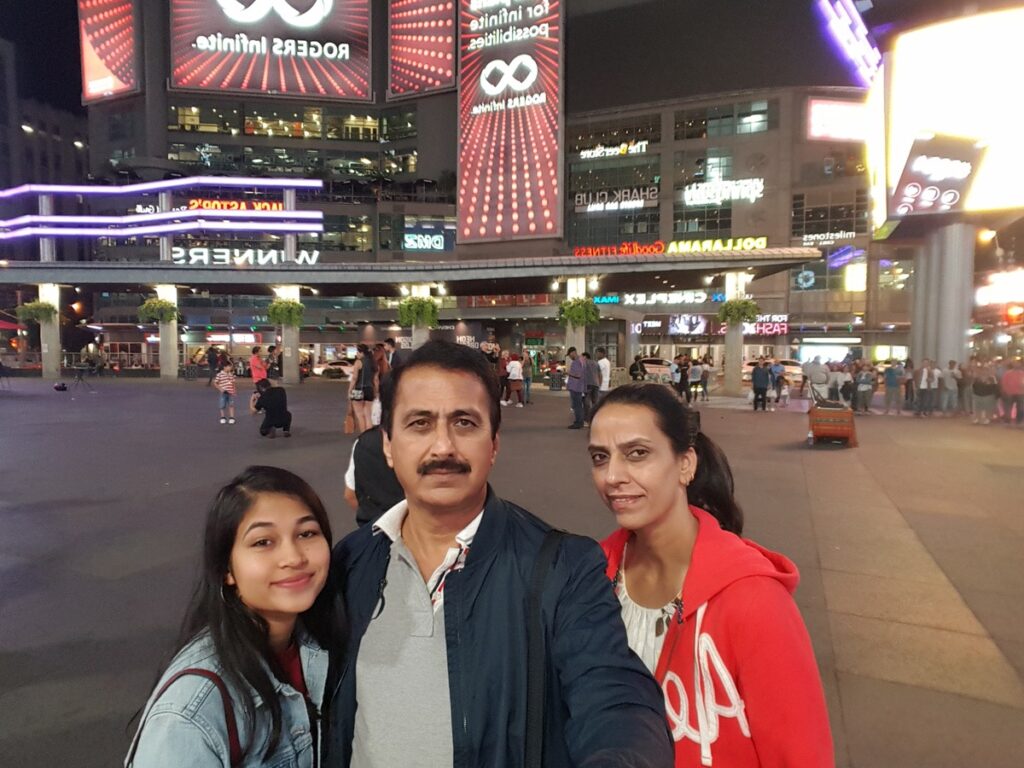
Healthcare and Education: Access to quality healthcare and education is often cited as a significant factor. In many developed countries, these services are generally seen as more accessible, reliable, and affordable compared to India. However health care of many countries is a flop show.
Living Standards: NRIs often live in cities with higher living standards, better infrastructure, cleaner environments, and more advanced public services, which they might not be able to experience in India, particularly in smaller cities or rural areas.
2. Career and Job Opportunities
Better Job Prospects Abroad: Many NRIs have higher-paying jobs, advanced career opportunities, and professional development options abroad. The job market in countries like the U.S., the UK, or Gulf countries often offer better salaries, perks, and career growth in many sectors .
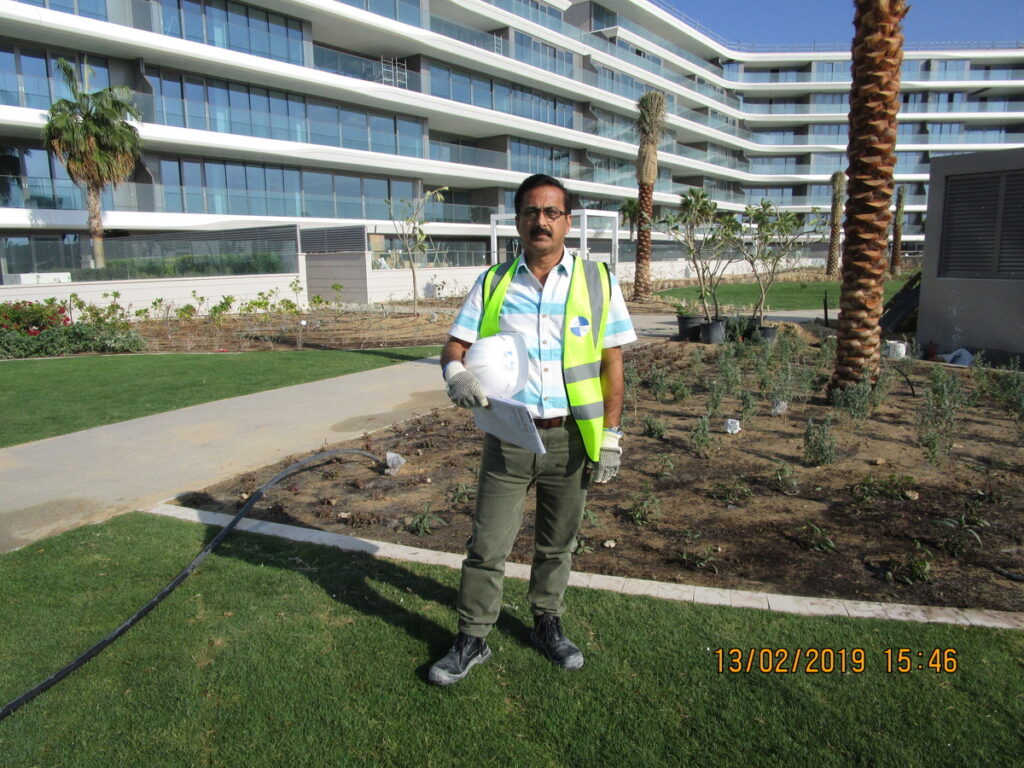
Freedom to do Business: In some countries, NRIs may have more freedom and support in starting businesses, thanks to more developed financial markets, entrepreneurial ecosystems, and easier access to funding.
3. Social and Political Stability
Governance and Infrastructure: NRIs often express concerns about the inefficiency of governance, bureaucratic red tape, corruption, and general infrastructure problems in India.

Political Climate: Political instability and Issues like communal tensions, frequent policy shifts, or the perceived lack of rule of law may discourage their return.
4. Cultural and Social Adjustments
Re-adjustment to Indian Lifestyle: After spending years abroad, NRIs can find it difficult to readjust to the chaotic lifestyle in India. The cultural norms, social expectations, and daily hassles can seem overwhelming.
Lifestyle Preferences: People who have grown accustomed to the more relaxed and organized systems abroad might find India’s more bustling, crowded, and sometimes frustrating and challenging lifestyle.
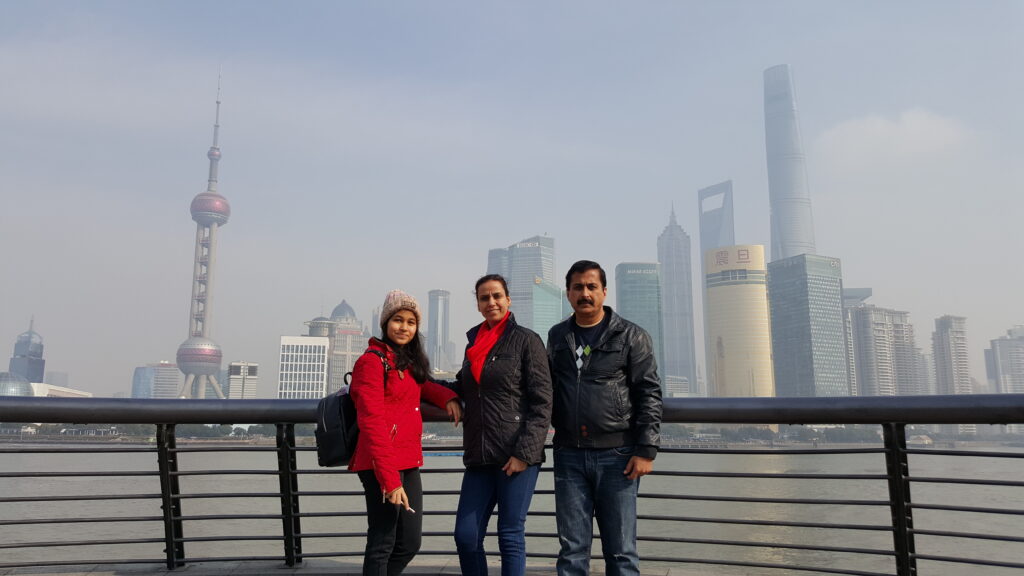
5. Personal and Family Reasons
Family Abroad: Many NRIs have families settled in foreign countries, and their social network is often stronger outside of India. The absence of support system, friendships, and cultural fit with local communities in India can play a big role in their decision to stay abroad.
Children’s Education: Children who are born and brought up in foreign country will never wanted to come back to India permanently . Parents who have children may prefer to stay in adopted countries where they feel their children will be happy and have access to better educational opportunities and a more global perspective.
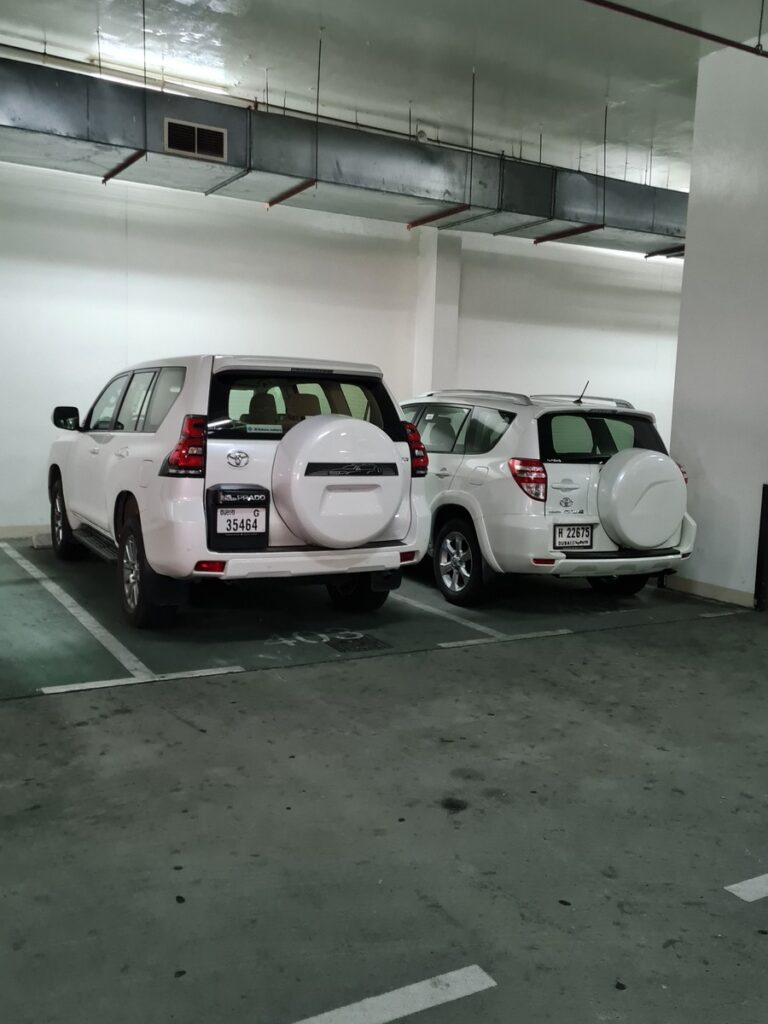
6. Financial Considerations
Wealth Accumulation: NRIs often accumulate wealth and financial assets abroad. The tax policies, exchange rates, and financial markets in their host countries may be more favorable than those in India, making it financially less attractive to return.
Pension and Social Security: Some NRIs may be entitled to benefits like social security, pensions, or other financial aids abroad, which they might lose if they return to India.
7. Perceptions about India
Environmental Concerns: Issues like pollution, traffic congestion, and the lack of green spaces in many Indian cities are often cited as deterrents. Many NRIs who have lived in more eco-friendly environments abroad find India’s environmental challenges difficult to adapt to.
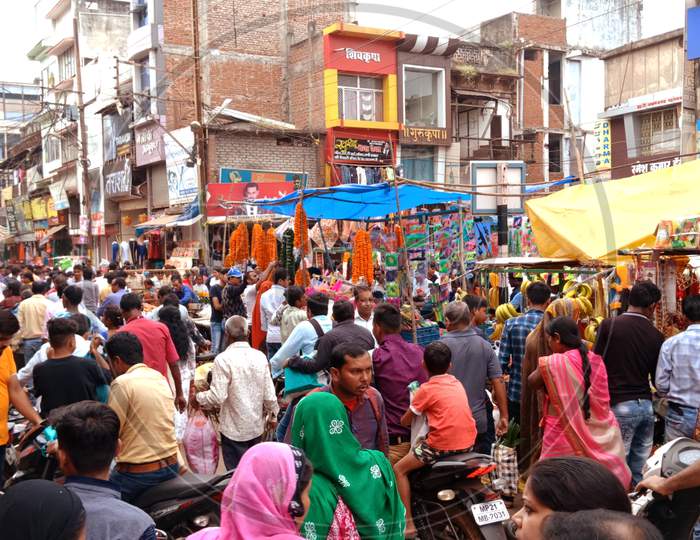
Perceived Decline in India’s Progress: Some NRIs perceive that there are still significant challenges in terms of governance, public health, infrastructure, and societal progress. This can discourage them from returning.
8. Infrastructural Deficiencies
Urban Infrastructure:- Even in major Indian cities like Delhi, Mumbai, or Bengaluru, issues such as unreliable electricity, water shortages, poor waste management, and high crime rates can be significant turn-offs.

Transportation:- Public transportation systems in India are often overcrowded and less efficient compared to those in Western countries, which can make commuting and travel unpleasant.
Despite these challenges, many NRIs are still keen to return to India for reasons such as family, nostalgia, business opportunities. Very few actually do it . But overall, it’s the combination of personal preferences, career opportunities, and quality of life factors that largely shapes their decision to stay abroad.
Children of NRI parents –
In most of the cases parents are leaving India and migrating to Canada , USA , Australia , Europe etc are for the future of their kids as the education is better and free there for their Kids . Imagine same set of parents are returning back to India dumping their NRI status , what will be the reaction of their children ?

Whether Non-Resident Indian (NRI) children like to return to India depends on various factors, including their age, personality, previous exposure to Indian culture, and how well the transition is managed. Here’s a closer look at the dynamics:
Factors That Influence NRI Children’s Reactions
1. Age and Development Stage
Younger Children (Below 10 Years):- They are generally more adaptable and curious about new environments. The transition can be smoother if they are introduced to Indian culture and language early.
Teenagers and Adolescents:- They may be more resistant due to established social circles, schooling, and lifestyle abroad. Peer pressure and a sense of identity are stronger at this stage, making cultural shifts more difficult.
2. Familiarity with Indian Culture
Children with regular exposure to India through vacations, family interactions, or cultural events are more likely to feel comfortable with the move. Lack of familiarity with Indian customs, languages, or social norms can lead to feelings of alienation.

3. Education and Schooling
If the child moves to a school with a similar curriculum (e.g., International Baccalaureate or American/European systems), the transition can be smoother. Differences in teaching methods, competition, and academic pressure in Indian schools may be a source of stress.
4. Socialization and Peer Relationships
Making new friends in India can be challenging, especially if there are language or cultural barriers. However, children often adapt quickly when given opportunities to engage in group activities, hobbies, or sports.

5. Lifestyle Differences
Challenges: NRI children may find aspects of life in India (e.g., traffic, pollution, lack of certain facilities) frustrating compared to what they were used to abroad.
Appeals: Many enjoy the warmth of family connections, cultural festivals, and the vibrancy of Indian life.
6. Sense of Identity
Returning to India can help NRI children connect with their roots and understand their cultural heritage better. However, some may struggle with a “dual identity,” feeling neither fully Indian nor fully connected to their life abroad.

Challenges NRI Children may Face –
- Cultural Adjustment: Social norms, language differences, and unspoken cultural expectations can be difficult to navigate.
- Loss of Familiarity: Missing friends, lifestyle conveniences, and routines from abroad can lead to homesickness.
- Academic Pressure: The Indian education system’s focus on competition and grades might feel overwhelming.
- Social Dynamics: They may face challenges fitting in with peers, especially if their mannerisms, accents, or interests differ.
While the initial transition might be challenging, many NRI children eventually adapt and appreciate the unique blend of experiences they gain. Living in India can enhance their cultural awareness, resilience, and global perspective, helping them navigate their dual identity and thrive in diverse settings.

Where the NRI will be happy ?
The happiness of retired NRIs, whether in India or abroad, depends on individual preferences, values, circumstances, and how well they plan for their retirement. Here’s an exploration of the factors that influence happiness in both scenarios:
Retiring in India –
Pros
- Cultural and Emotional Connection
- Returning to familiar surroundings, traditions, and family often brings emotional comfort.
- Opportunity to participate in festivals, rituals, and family gatherings can enhance a sense of belonging.
- Lower Cost of Living
- For most NRIs, the cost of living in India is lower than in many Western countries, allowing for a more luxurious lifestyle or greater savings.
- Healthcare Options
- Access to high-quality healthcare at significantly lower costs compared to many developed countries.
- Availability of home healthcare services and domestic help for day-to-day assistance.
- Community and Social Life
- Strong sense of community and opportunities to reconnect with old friends and relatives.
- NRIs often find it easier to build social networks in their hometowns or communities.
- Real Estate Advantage
- NRIs returning to homes they already own in India can reduce living expenses further and enjoy a familiar environment.

Cons –
- Infrastructure and Services
- Challenges like traffic, pollution, or inconsistent public services can frustrate those accustomed to Western standards.
- Bureaucratic inefficiencies can be challenging to navigate.
- Healthcare Challenges
- While healthcare is affordable, public systems may lack efficiency, and private systems can sometimes exploit patients.
- Social Expectations
- Adjusting to societal norms and family expectations after living abroad can be stressful.
- Some retirees may feel isolated if their values or habits differ significantly from those around them.
- Climate
- India’s tropical climate can be a challenge for those used to cooler weather.

Retiring Abroad –
Pros –
- Comfortable Lifestyle
- Retirees can continue enjoying the orderly systems, infrastructure, and conveniences they are accustomed to abroad.
- Many developed countries offer superior public services, safety, and environmental cleanliness.
- Healthcare Systems
- High-quality healthcare and access to advanced medical technologies, often subsidized or covered by state programs (e.g., Medicare in the U.S., NHS in the U.K.).
- Independence
- Retirees may enjoy a lifestyle centered around individual freedom and minimal societal interference.
- Opportunities to engage in hobbies, volunteer work, or other fulfilling activities.
- Diverse Communities
- Multicultural societies offer a broader social network and acceptance of diverse lifestyles.

Cons –
- Isolation and Loneliness
- Physical distance from family, especially children and grandchildren, can lead to emotional challenges.
- Difficulty in finding a community of like-minded individuals or others from the same cultural background.
- High Cost of Living
- Sustaining a lifestyle abroad can be expensive, particularly with fixed retirement incomes. Living with pension money without money help from other family members is almost impossible.
- Rising healthcare costs in some countries can erode the savings.
- Cultural Disconnect
- Missing out on Indian cultural traditions, food, festivals, and community dynamics can create a sense of alienation.
- Immigration and Residency Issues
- Some NRIs may face visa or residency challenges, especially if they are not citizens of the country they reside in.
- Many countries in middle east do not give PR or Passport to stay there and one has to comeback one day permanently to India , no choice .
- One must consider that you spend in foreign exchange living aboard . 1US$ = Rs 85 , 1Euro = Rs 90 , 1Canadian dollar = Rs 60 , 1Australian dollar = Rs 54.

Who is a happiest NRI ?
Happiness largely depends on aligning the retirement location with personal priorities:
- NRIs Who Choose India are often those who value family connections, cultural familiarity, and a lower cost of living.
- NRIs Who Stay Abroad are usually individuals who prioritize infrastructure, personal independence, and healthcare quality and accept future financial challenges.
Ultimately, the happiest retirees are those who plan thoroughly and adapt their choices to what fulfils their emotional, social, and financial needs. Some even adopt a hybrid model, splitting time between India and abroad . This is to note all the NRI are not rich , almost half of them struggle for their comfortable life and many are in hand to mouth situation. Top of Form

Why people hate NRI ?
It’s not accurate to say that all Indians hate NRIs (Non-Resident Indians), but there are certain attitudes or perceptions that may lead to criticism or resentment. These feelings often stem from cultural, social, or economic misunderstandings, and they vary greatly depending on individual perspectives. Here are some reasons why some Indians might harbor negative sentiments towards NRIs:

1.Perception
- “Holier-than-thou” Attitude: Some NRIs may inadvertently come across as condescending by comparing India unfavorably to the countries they’ve lived in, leading to a perception of arrogance or superiority.
- Flashy Lifestyle: NRIs returning with a higher purchasing power may be seen as flaunting their wealth, which can create resentment, especially among those struggling financially.
2. Lack of Involvement in India’s Struggles
- “Fair-Weather Patriots”: NRIs are sometimes viewed as being detached from India’s day-to-day challenges, such as corruption, infrastructure issues, or societal inequalities, while still wanting to claim their cultural heritage.
- Brain Drain: Many Indians feel that NRIs leave the country in pursuit of better opportunities and do not contribute to India’s development, only returning when it suits them.
3. Unrealistic Expectations
- Demanding Special Treatment: Some NRIs expect things to work the same way as abroad, such as punctuality, customer service, or infrastructure, without appreciating the unique challenges in India.
- Cultural Misalignment: NRIs may struggle to adapt to local norms and customs after living abroad for a long time, which can be perceived as aloofness or insensitivity.

4. Misunderstandings and Stereotypes
- “Not Indian Enough”: NRIs are sometimes stereotyped as being disconnected from their roots, adopting Western values, and losing touch with traditional Indian culture.
- Cultural Criticism: Some Indians view NRIs as overly critical of India while idealizing life abroad, which can create tension.
5. Economic Factors
- Inequality in Spending Power: NRIs often return with higher purchasing power due to foreign earnings, which can exacerbate feelings of inequality. Note- Half of NRI struggle to live decent life and always under mortgage load.
- Driving Up Real Estate Prices: NRIs investing in Indian property markets can lead to inflated real estate prices, making it difficult for locals to afford homes.
6. Perceived Opportunism
- “Returning for Self-Interest”: NRIs returning to India for retirement, business opportunities, or to capitalize on lower living costs may be perceived as opportunistic, especially if they are not seen as giving back to society.
- Political or Social Activism: Some NRIs voice strong opinions about Indian politics or societal issues from abroad, which can irritate those living and dealing with the realities on the ground.

7. Jealousy and Insecurity
- Success Abroad: Some resentment may stem from envy including family members for the financial success or opportunities that NRIs have achieved abroad.
- Lifestyle Differences: The gap in lifestyle, travel experiences, or material wealth can make NRIs seem privileged compared to those who remained in India.
In many cases, these feelings are irreversible based on stereotypes attitude of individual behaviour, and fostering mutual understanding can help diminish these perceptions , but it is practically difficult.
Whatever the current scene is there , NRI coming back to India permanently will continue and may increase in coming years as India economy is growing very fast and in future one can live a prosperous and happy life in India without staying back permanent in other countries for full life.

I had a mix reactions after coming back to India permanently after spending over 30 Years mostly in middle east countries . Knowingly I will not be able to stay there permanently as no PR is issued to foreigner , so I returned back to India. It may take quite good time to normalise my life in India but I am trying.
Please read my other blogs on NRI life’s related subjects on https://nriblogbuster.com/ and if you want to buy Amazon’s items selected by me , please visit my site https://double-sale.com/ and for Free Affiliated master class please click https://doubesale.shop/



